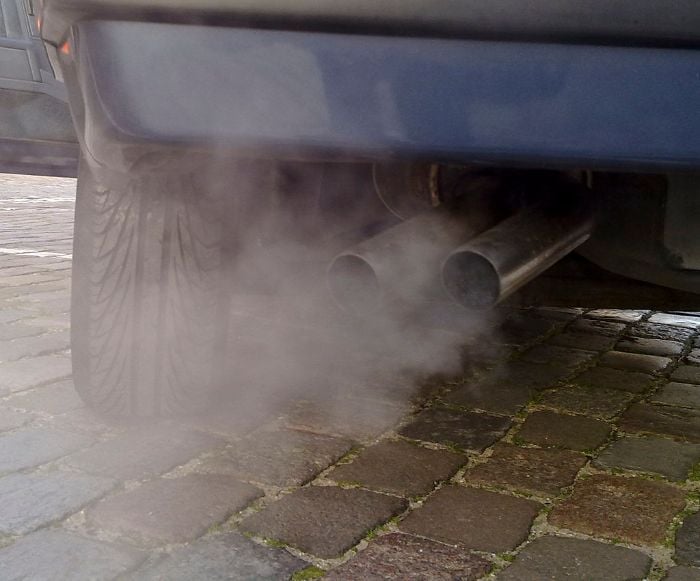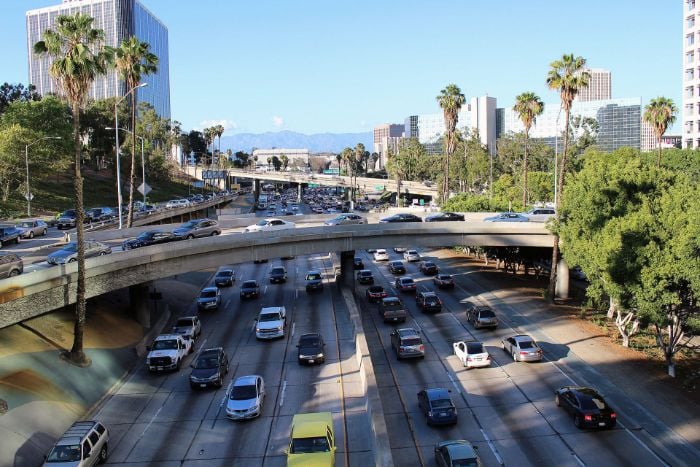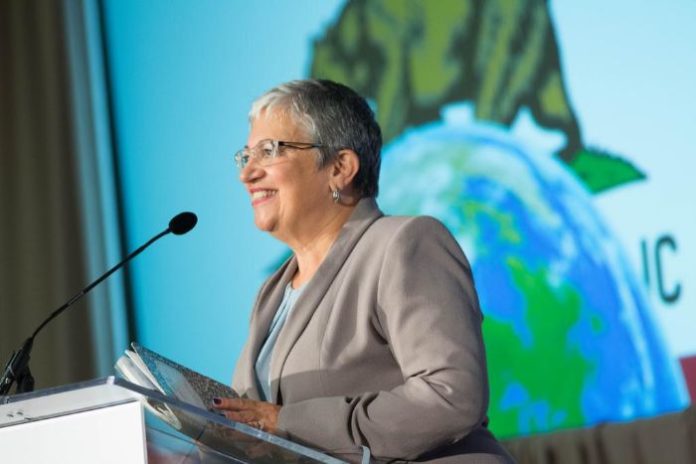Last Thursday, the California Air Resources Board (CARB) threatened the Trump administration they will impose extreme measures to combat air pollution and carbon dioxide emissions.
Mary Nichols – Chairman of CARB said in a forum:
“We will be faced with dramatic alternatives in terms of tighter, stricter controls on everything else, including movement of vehicles and potentially looking at things like fees and taxes and bans on certain types of vehicles and products.”
Nichols did not define the exact measures they are planning. But she hinted that if vehicle emissions standards do get relaxed, California will have to compensate by targeting other entities in the pipeline – fuel suppliers, oil refineries and even bans on internal combustion engines.
This comes in response to the Trump administration’s withdrawal from negotiations with California over a unified national standard for vehicle emissions.
The federal rollback is based on a false premise that weaker standards will help US automakers. Instead it disregards sound science/engineering, & undermines our efforts to meet #cleanair standards & protect #publichealth
— Mary Nichols (@MaryNicholsCA) May 16, 2019
The battle between Government and State has been going on for almost a year now since the Environmental Protection Agency declared the Obama era emissions standards too stringent.
California vs the Federal Government
In 2011, under President Obama, the Government, California and nearly every automaker in the U.S agreed on a plan to raise vehicle emissions standards by 2020. Manufacturers would need to produce vehicles with a fuel economy of 47 miles per gallon on average across their portfolio.
Last August, the Trump administration published a proposal to cap the emissions standards to 37 mpg. The federal agencies also recommended revoking California’s jurisdiction to set its own emission standards.

Even though the two sides did open a dialogue to negotiate, the rhetoric quickly escalated and they stopped talking sometime in February 2019.
At the time, the White House commented:
“Despite the administration’s best efforts to reach a common-sense solution, it is time to acknowledge that CARB (California Air Resources Board) has failed to put forward a productive alternative.”
Tom Pyle from the American Energy Alliance which supports relaxing the emissions standards stood by the Government’s decision. He stated California is taking away power from the consumers, who should be able to decide for themselves what vehicles to purchase.
In this Thursday’s statement, CARB showed resolve and readiness to challenge the Trump administration in court if they proceed with changing the national standards.
California has been strong opposition to the Federal Government on numerous policies related to the environment, energy and transportation sectors, as well as relations to Mexico, ever since President Trump was elected in 2016.
How does it affect the industry?
A legal battle is the least desirable outcome. Vehicle manufacturers depend heavily on predictability. A prolonged dispute over vehicle emissions will likely prevent them from developing and implementing new technologies efficiently.
In fact, both General Motors and Ford are playing mediators, appealing both sides to reach a mutual agreement.
Joe Hinrichs – President of Global Operations at Ford said:
“A coordinated program with every stakeholder is in the best interest of Ford’s customers, and is the best path forward to achieve reductions in carbon dioxide emissions and support critical investments in new technologies… The auto industry needs regulatory certainty, not protracted litigation.”
GM added they still hope the Trump administration and California would reach common ground on greenhouse gas emissions, but also:
“Regardless of the standards, we are committed to a future of zero crashes, zero emissions, and zero congestion.”

Currently, California has the authority to set its own laws and vehicle emissions standards.
Manufacturers must show a mix of zero-emission vehicles in their product portfolio. Credits are awarded for electric and hybrid vehicles. Automakers must provide a given number of credits each year, or they face heavy financial penalties.
Fiat Chrysler Automobile, who rank at the bottom of nearly every fuel economy and vehicle emissions chart, have been purchasing zero-emission credits from Tesla since 2016.
What are other countries doing?
We recently broke the news FCA has reached a deal with Tesla to publish their emissions jointly in Europe to avoid a massive $2.2 billion fine.
From 2020, new vehicle fleets in the European Union must produce no more than 95 grams of CO2 per kilometer driven. This equates to 57 mpg for petrol-powered cars.
China will also increase greenhouse gas emission standards from 2020. New vehicle fleets will need to show an average fuel economy of 47 miles per gallon – up from 34 mpg in 2015.
